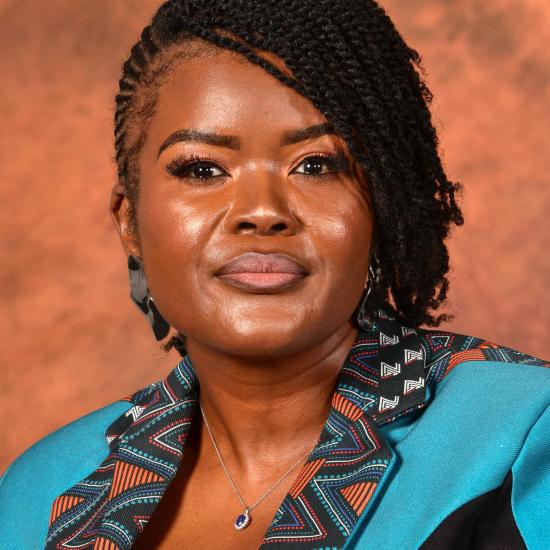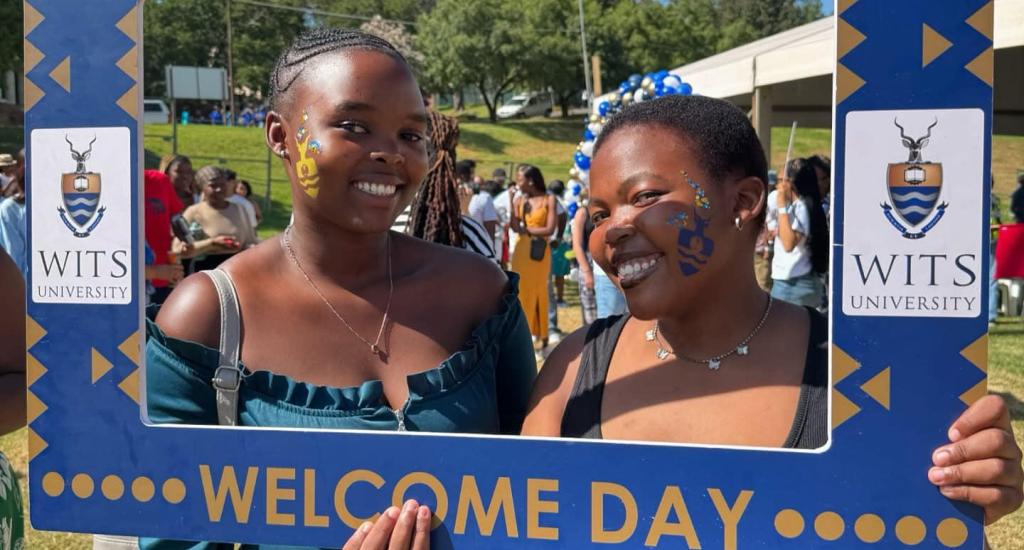Empowering South Africa’s
future by expanding access and opportunities in post-school education and training

The Ministry of Higher Education and Training plays a pivotal role in shaping South Africa's Post-School Education and Training (PSET) setor. This sector comprises community education and training colleges, technical and vocational education and training (TVET) colleges, and higher education institutions, including universities, alongside private education providers. Our mission is to provide accessible, high-quality education and training opportunities to all South Africans, particularly those from disadvantaged backgrounds.
As we embark on the 2025 academic year, we welcome first- year students entering Higher Education institutions. This milestone marks the beginning of an exciting journey in pursuit of knowledge and skills that will contribute to the country’s socio- economic development.
The department provides education and training for all students who have completed schooling and those who are not in education, employment or training (NEET) through skills programmes offered by accredited providers. We also provide financial assistance to those in need, especially those from poor and working-class families.
Financial aid
The bulk of funding for qualifying students is provided by the National Student Financial Aid Scheme (NSFAS) as well as the National Skills Fund, which mainly provides funding for skills programmes and bursaries for scarce skills areas.
In order to meet the skills needs of the country and realise the objective of building a capable workforce to contribute to economic growth for South
Africa, The White Paper on PSET recommends, amongst other things, the expansion of the college system. This we will do firstly through the massification of the college system to reach one million enrolments in the community colleges and 2.5 million in public and private TVET colleges by 2030, as outlined in the National Development Plan (NDP) Vision 2030.
TVET colleges
We view the TVET sector as a catalyst for skills development across the various fields required to strengthen the skills profile required to grow our economy. TVET colleges should not be chosen as an option but as institutions of first choice. We are embarking on public campaigns to change myths and perceptions about TVET colleges.
Colleges not only enhance employment opportunities but can also provide better chances for graduates to be self-employed.
We have since identified 13 scarce skills areas needed in the labour force market. To this effect, we have identified some of our TVET colleges and dubbed them centres of specialisation.
The NDP 2030 for PSET also calls for the diversification of the public universities sector based on their strengths and the needs of the communities in which they are located. To achieve this plan, the department aims to achieve an enrolment target of 1.6 million by 2030.
The plan and targets can only be achieved when we do not leave behind students who can- not afford PSET costs. It is the responsibility of the NSFAS to provide financial support to students at our public institutions.
Progress
In the past 30 years of Democracy, funding for poor students and those from working-class families has grown significantly. Since 1991, the NSFAS funding has grown from disbursing R21.4 million to almost R54 billion in 2024 to funding qualifying students seeking to further their studies in public universities and TVET colleges. With a budget 54 billion, the NSFAS supports more than 800 000 students annually.
Applications for the 2025 opened last year, and student applications are being processed for qualifying students who have been accepted by public institutions. Funding covers tui- tion, accommodation, stationery, transport and living expenses. We are aware of accommodation shortages and, in that regard, have put in place measures to accommodate our students in private accommodation accredited and paid for by the NSFAS. We encounter administrative glitches here and there, but they are often resolved.
Students support
Our student population mirror the larger society and, therefore, encounters similar psycho-social challenges such as gender-based violence and femicide, safety, and mental and other health challenges such as HIV and AIDS. To address these issues, we have established the Higher Health organisation, which is dedicated solely to providing services such as advice on prevention, treatment and counselling. Mental health is a growing and serious condition in society and among our youth; thus, we continue to run campaigns in our institutions.
Over the past 30 years, government has made significant strides in growing the PSET sector and advancing transformation. We have achieved trans- formation in the sector through deliberate programmes such as gender equity amongst our academic staff and initiated academic development programmes such as lecturer development aimed at addressing disparities created by the past system.
Leaving no one behind
We have also addressed the issue of language policy (especially with regard to the language of tuition) in higher education institutions to accommodate previously excluded students, thereby enabling access to certain institutions. The profile of the management of institutions of higher learning has also significantly changed, leading to more qualified blacks assuming management positions.
We have expanded access through increasing the number of campuses and by building two new universities, namely Sol Plaatje in the Northern Cape and Mpumalanga University. We have expanded the TVET college sector to 50 colleges and over 250 campuses. We have established the Sector Education and Training Authority system of 21 entities to fund, accredit and manage skills development programmes and learnerships by independent providers.
I urge the class of 2024 and the NEET to take up opportunities available in our public TVET colleges, skills programmes and learnerships on offer. Those who have been accepted by institutions but struggle with funding should explore all our funding opportunities. More information is available on our website and through our call centre, or they can visit any of our public institutions for assistance with information and processes.




